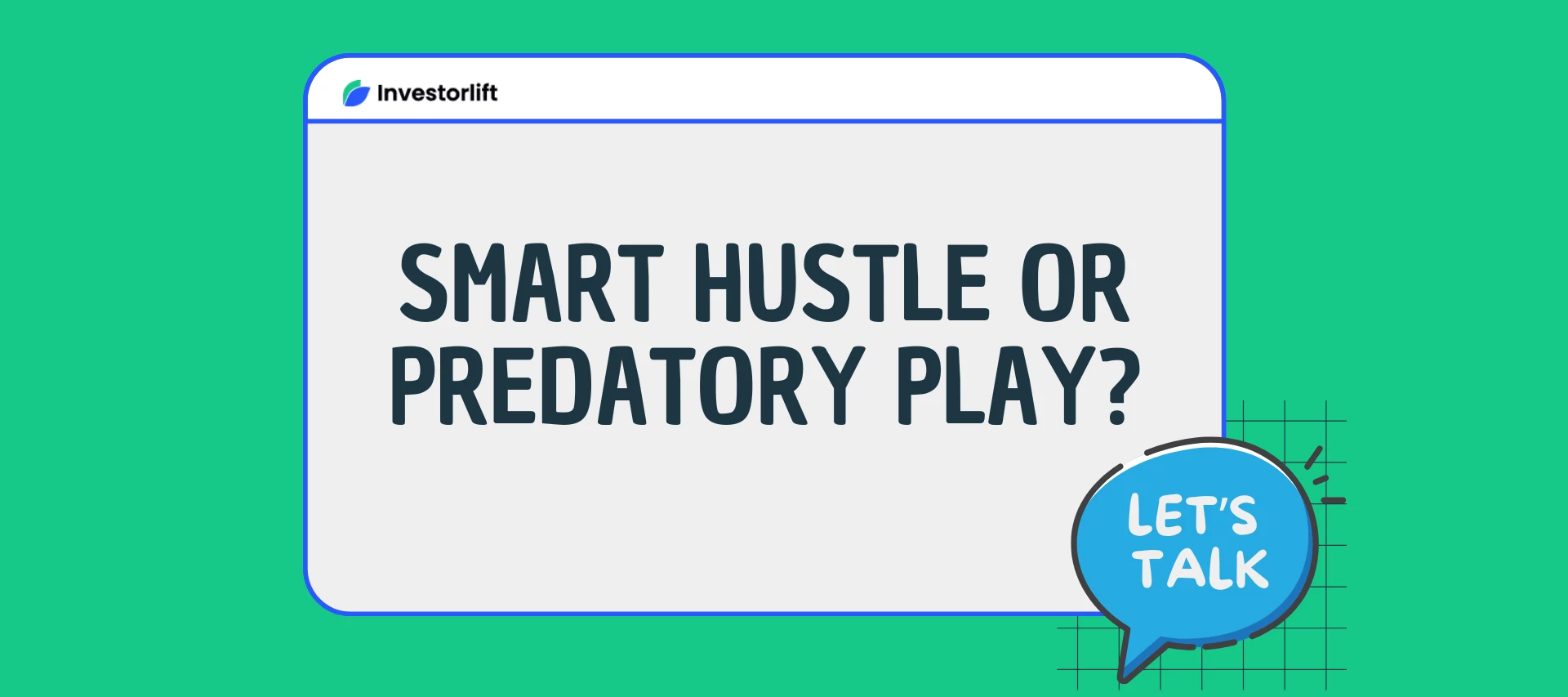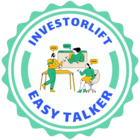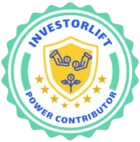Hi community!
Let’s talk about something no one wants to touch:
Is it ethical for wholesalers to market heavily - often with flashy margins - to brand-new “guru-coached” investors who barely understand deal analysis?
We see it every day:
🚨 A property is marked up $30k+ above true ARV...
📈 It's pushed hard in a Facebook group or blast list...
👶 …and bought by someone just out of a weekend seminar, armed with buzzwords and none of the math.
Let’s be real: Some wholesalers thrive off inexperienced buyers. The less they know, the less they push back.
But here’s the flip side:
📌 Is it the wholesaler’s job to protect buyers from bad decisions?
📌 Is business just business, or is there a moral line?
📌 Should we celebrate those who squeeze top dollar from hype-hungry newbies… or hold them accountable for knowingly passing off bad deals?
🗣 Some say: “It’s on the buyer to know better.”
🗣 Others say: “Predatory wholesaling is hurting the industry’s credibility.”
👀 What do YOU think? Is this smart business… or taking advantage?
Drop your thoughts below 👇 Let’s have the real conversation.




